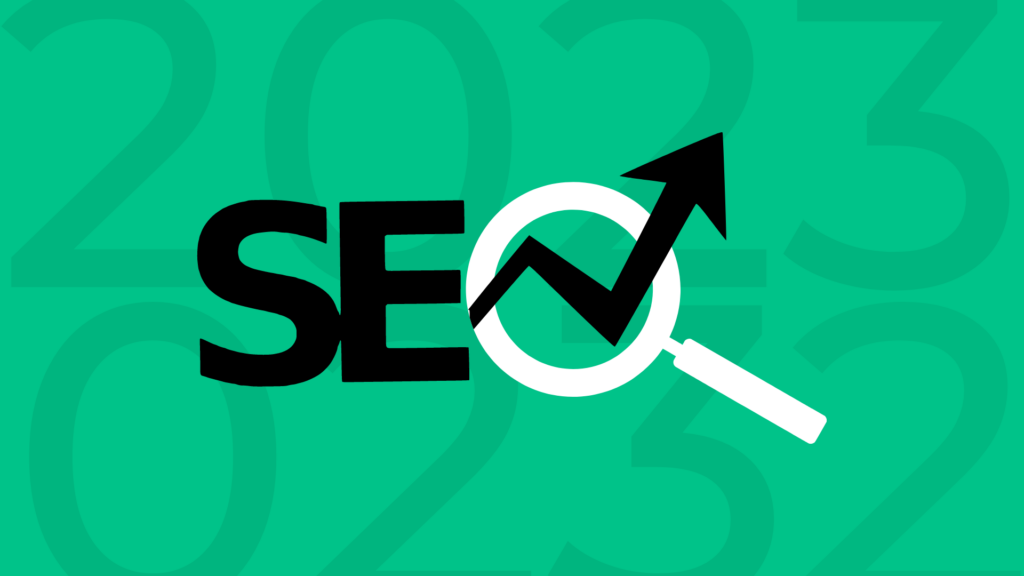This Wednesday several hundred of our closest enterprise publisher friends will join together to run down the list of SEO trends to focus on this next year. And just like all trends, they wouldn’t be so unless a substantial amount of noise and adoption hadn’t already happened.
2022 was a busy year for Google and their organic search algorithm. You can read all about it but in short, content they aim to favor —
- is useful and usable (i.e. Helpful Content Update)
- is written by humans for humans
- includes unique and original research
- includes in-depth, insightful analysis
- passes Core Web Vitals
- provides a smooth, seamless user experience
With those end-goals in mind, here are the SEO trends we predict will dominate in 2023.
Investment in Editorial
The number one trend I hope Freestar publishers embrace this year is quality content production. If I had a dollar for every content-shortcut a publisher *sneakily* tried to take, I’d have at least a dozen top-notch posts. No, legit editorial content is not cheap but it will pay off for years to come, hence the investment.
But here’s the thing. It’s not just “the publisher” who’s tried content the easy way, I have too. Both on my own set of test sites, and also through in-house owned and operated roles, there have been other content strategies. And they don’t work, not in the long run. Content syndication, AI-generated generated, feed ingestion, scraped product manufacturer descriptions, the list goes on. To succeed in organic search, skip them all and pay for the real deal.
Emphasis on Brand
Evolving from blogger-to-brand is a path each publisher must make for themselves, and now’s the time. Google’s John Mueller recently said backlinks don’t matter as much as they previously have, and that Google now factors in branded queries as another form of the “vote of assurance” backlinks have previously powered.
Makes sense, right? People arguably aren’t searching for products or queries by brand if they don’t like it, or at least that’s the thought.
Quick side story, I entered the field of SEO via an agency called iCrossing in 2007. Official title: Link Builder. Finding new backlinks in a white-hat manner soon lost its appeal for a faster, albeit more costly, route. And because buying links would later become a penalized practice, I’m of course now envisioning modern-day entry level SEOs (Official title: Brand Builders??) harshly typing out brand-related search queries for endless hours of the day. Older maybe, but none the wiser, I jest!
But back to the point, publishers must work on creating brand recognition if they want to be the most authoritative and trusted in their industry.
Attention to Desktop
With the last 5 being hyper-focused on mobile, this next year we will see the pendulum swing back to desktop. Google’s page experience algorithm, initially rolled out to mobile only but was applied to desktop as well in 2022.
Publishers should once again give attention to the desktop experience. If your strategy prior to now was to design a truly responsive site, the lift might not be much. The same clean, uncluttered experience you’ve prioritized on mobile should be applied to desktop as well. And bonus — CPMs on desktop are typically higher than on mobile.
Crawl Optimization
One of my favorite parts of this gig is meeting publisher founders and hearing their juicy conception stories. From “I bought this (one word) domain for $1 in 1995” to “Hard-coding this was my senior project”, I’m never NOT interested in hearing the origins of these money-generating-machines.
But it’s immediately following that story when I learn they’ve haphazardly hit publish one million times since, without a care in the world. Remember, Google does evaluate sites both at a page-level and an overall site level. Enterprise publishers need to have a strategy in place that shines more light on your good stuff (articles, FAQ pages, videos, the homepage, product pages) than the not good stuff (tag pages, excess pagination of feed pages, category landing pages, thin content).
Respect the Reader
Somewhere along the SEO evolution long-form content became the mecca for creators. So much so that even if the topic was how to boil an egg or the latest Kardashian baby name, we can (and absolutely will!) write 1,000 bright-and-shiny words prior to hitting publish.
This of course leaves the reader desperately digging through useless lines of text when all we really want to know is if this Kardashian title more resembles a weather condition or the direction it’s headed in. Not a great user experience.
Here’s to hoping 2023 is the year all recipe ingredients are lovingly placed at the top of the post and we all just get to the point in a timely manner. Table-of-content functionality helps too.
Conclusion
Our hope for the coming year is that publishers move in the direction of quality content, seamless UX and no more tricks. The most successful websites in organic search didn’t start yesterday, but have been investing in their digital for decades. Authority and trust are established by the consistent production of content, services or products that prove helpful.
Now that we’ve dangled a few of the SEO trends we predict hitting big in 2023, watch our latest pub-session to learn the rest!





